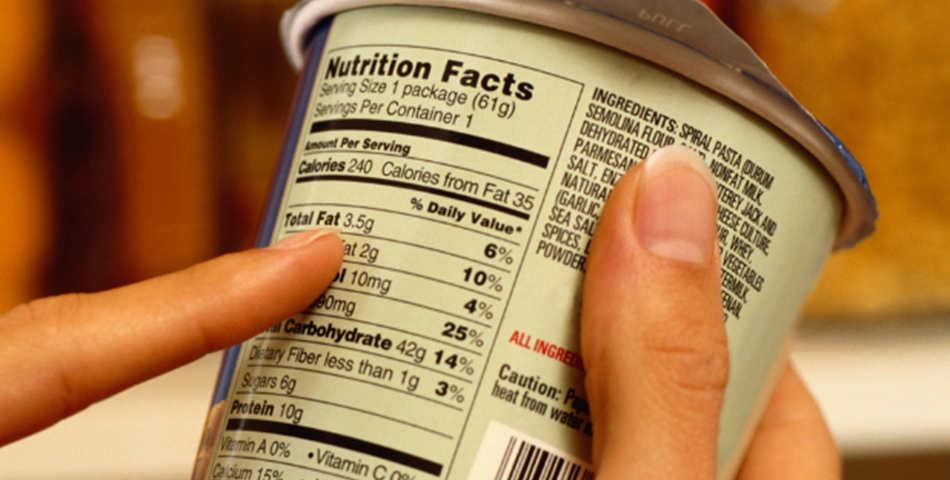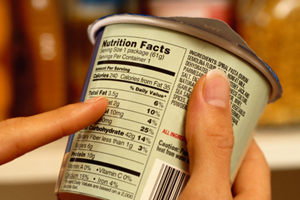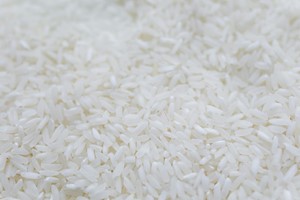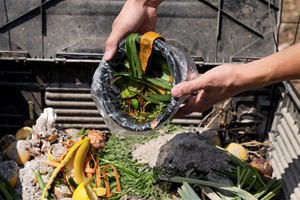In a world where consumers are increasingly conscious of the environmental impact of their choices, the European Union (EU) is taking a significant stride forward in reshaping the food industry towards sustainability. A recent study led by the Leibniz Centre for Agricultural Landscape Research (ZALF) and published in the esteemed journal Ecological Economics sheds light on the future trajectory of food labeling within the EU, aiming to encourage farmers to provide more ecosystem services.
The study, which analyzes expert opinions from various sectors of the food industry, unveils a consensus on the necessity for novel food labels that incentivize farmers to prioritize ecosystem services. Ecosystem services, the benefits humans derive from nature, encompass a wide array of functions such as pollination, water purification, and soil fertility, all crucial for sustainable agricultural practices.
Proposing three distinct label prototypes, the study mirrors the diversity of stakeholder perspectives and emphasizes the paramount importance of integrating these viewpoints for the successful implementation of the EU food labeling framework.
The first proposed label prototype, the "producer-driven ecosystem service label," establishes a direct connection between agricultural production and ecosystem services. It operates on the premise of producer associations affixing additional environmental standards to labeled products, thereby incentivizing farmers to adopt sustainable practices that enhance ecosystem health.
Contrastingly, the "consumer-oriented information label" shifts the focus towards educating consumers about the environmental footprint of products. Reminiscent of the widely recognized "Nutri-Score," this label employs a five-level color and letter scale to provide consumers with transparent information regarding the environmental impact of their food choices. By empowering consumers with knowledge, this label encourages informed decision-making aligned with sustainability goals.
Lastly, the "EU sustainability label" emerges as a comprehensive certification framework encompassing the entire value chain of food production. Designed to complement existing voluntary labels like the EU organic label, this prototype aims to standardize sustainable food production practices across the EU, fostering a holistic approach that considers both ecological and social criteria.
Christoph Schulze, the lead author of the study and a researcher at ZALF, underscores the pivotal role of collaborative efforts in advancing sustainable food production and consumption in Europe. "This study is a crucial step towards more sustainable food production and consumption in Europe," says Schulze. "By bringing together different perspectives within the food industry, we show how food labeling can effectively contribute to the promotion of ecosystem services."
The findings of this study not only underscore the need for innovative approaches to food labeling but also emphasize the imperative of a transparent and responsible food chain that benefits both the environment and future generations. As the EU embarks on its "Farm2Fork—From farm to fork" strategy, these label prototypes serve as beacons guiding the way towards a more sustainable future for European agriculture and beyond.
Leibniz-Zentrum für Agrarlandschaftsforschung














